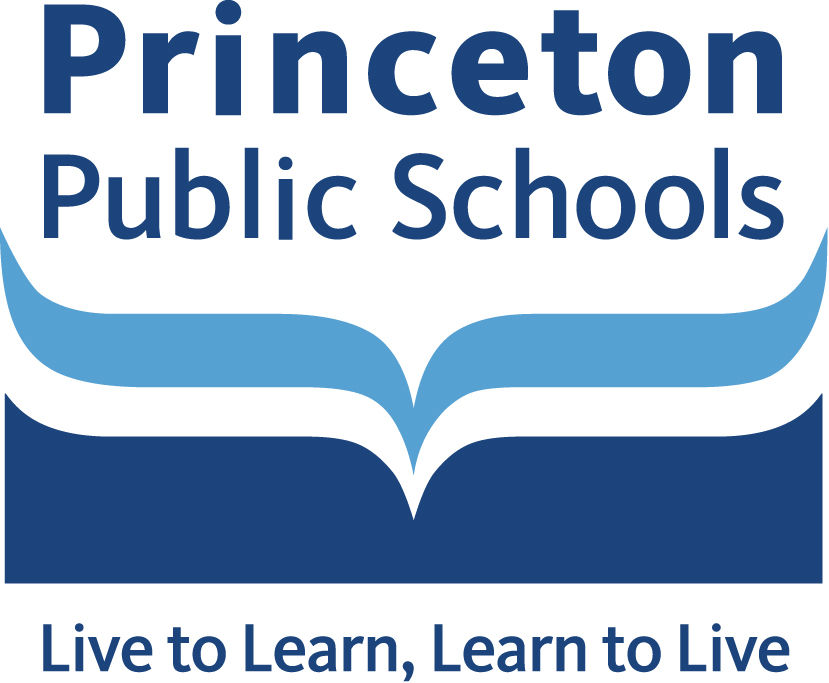By Philip Sean Curran, Staff Writer
Beginning Monday, public school students in Princeton will start taking the Partnership for Assessment of Readiness for College and Careers exam, the statewide standardized test for grades three to 11.
Except Julia Sass Rubin’s eighth-grade daughter won’t be one of them. Ms. Rubin said Tuesday that she, her husband and her daughter all agreed for her not to take the exam, out of opposition to high-stakes testing they feel hurts public education, does not measure learning and increases inequality among students between the haves and the have nots.
It was not clear how many other students will follow suit, one year after large numbers of district students skipped the test. Parents had until Tuesday to indicate whether they would pull their children out of the exam, known as PARCC.
“Parents are making thoughtful, rational decisions about allowing their children to take the assessment as well as disallowing them to do so,” Superintendent of Schools Stephen C. Cochrane said by email this week. “We continue to honor that openness and support our families in making the best decisions for their children. Most importantly, however, the focus in our classrooms continues to be on quality instruction for every student.”
Based on a schedule the district released, fifth-graders and high school students will take the computer-based exam next week, with fourth-graders and middle schoolers taking it the week of April 18 and finally third-graders taking it the week of April 25. Results are expected around summer.
This marks the second year of the PARCC test in math and English language arts. All states in the country are federally mandated to test their students, with New Jersey and a handful of other states including Maryland and Illinois using PARCC to gauge how well, or not, their students are performing.
Seeking to improve the test and responding to feedback from last year, the state Department of Education said there are changes to PARCC: fewer test questions, one testing window instead of two and tests are 90 minutes shorter.
Passing PARCC is not yet a requirement for students to graduate from high school. A proposal before the state Board of Education would make taking the exam mandatory for students in the class of 2020 and for taking and passing the exam for students in the class of 2021, starting next year.
But large numbers of students in districts around New Jersey including Princeton skipped the test in 2015. According to the New Jersey Education Association, the state’s largest teacher union, 130,000 students did not take PARCC.
Ms. Rubin said more than 100 students in her daughter’s seventh-grade class did not take the test last year. Her daughter, she said, tells her she thinks fewer of her classmates will opt out this time out of a belief that the test is mandatory. There is no law saying kids have to take the test, but the state wants them to take it nevertheless.
“It’s expected that students take the assessment,” said David Saenz, a spokesman for the Department of Education, by phone Tuesday.
Matt Stagliano, a spokesman for the NJEA, said Tuesday that parents his organization speaks with remain upset about PARCC. They see it as infringement upon school curriculum and budgets, as districts have to purchase the computers and bandwidth to enable students to take the online exam.
Princeton was in that boat, having to buy more computers to make sure high schoolers could take the exam all at the same time in the morning. According to the district, the new exam schedule “will eliminate the overlap that occurred last year between testing and students’ course schedule.”
Princeton was among the districts that had to develop a corrective action plan because it did not meet the 95 percent participation rate on PARCC last year. District officials had to show how they would reach the participation threshold, although one board member this week expressed skepticism about PARCC.
School board president Andrea Spalla said Tuesday that she had “mixed feelings” about the exam. In comments reflecting her view and not the full board’s, she said there are still unanswered questions about PARCC.
She wondered why the exam questions themselves and the students’ answers are not turned over to districts, if the exams are supposed to help school officials gauge what their students know or don’t know.
She would not say whether she would have her children opt out.
For teachers in grades three to eight with more than 20 students, PARCC results are counted toward 10 percent of their evaluations, Mr. Stagliano said. But Ms. Spalla said she did not think results on standardized tests “have been shown to be a fair way to evaluate teachers.”

